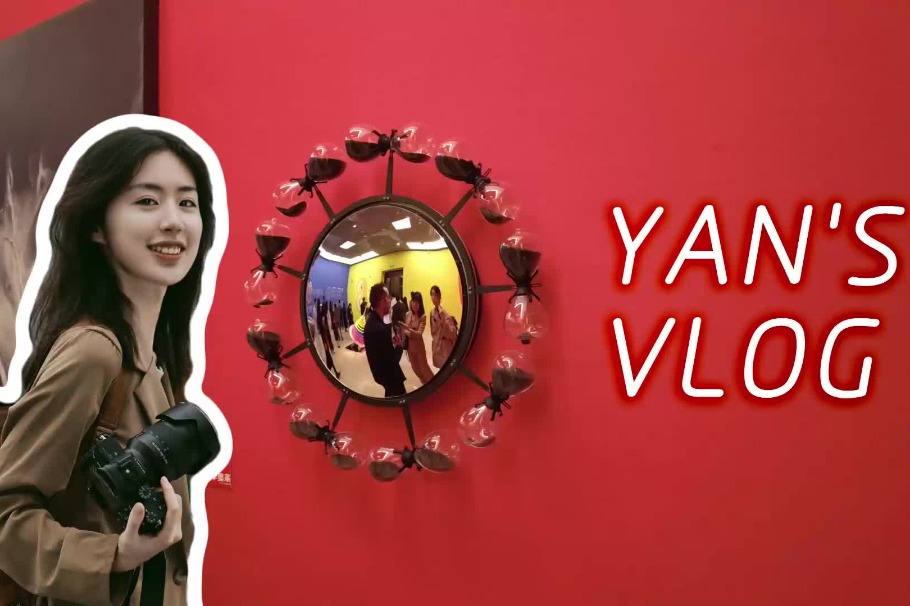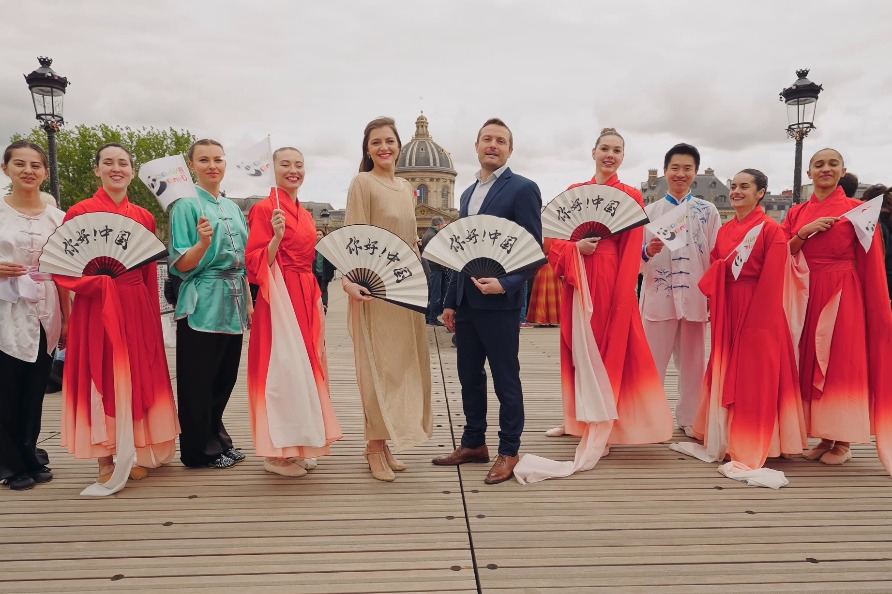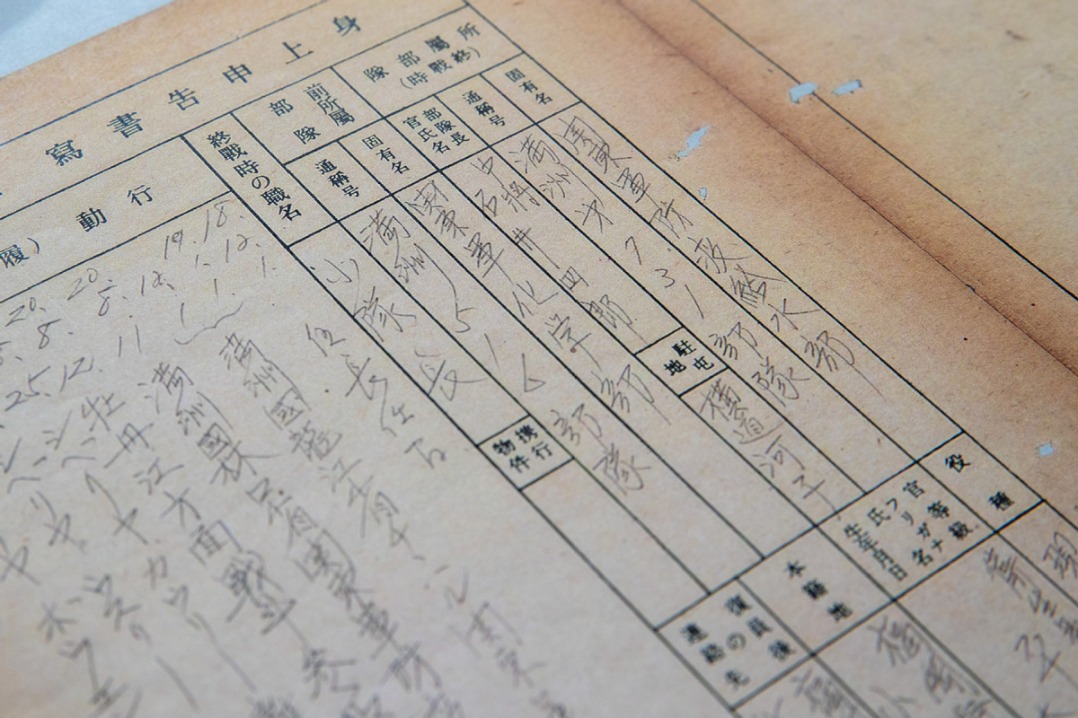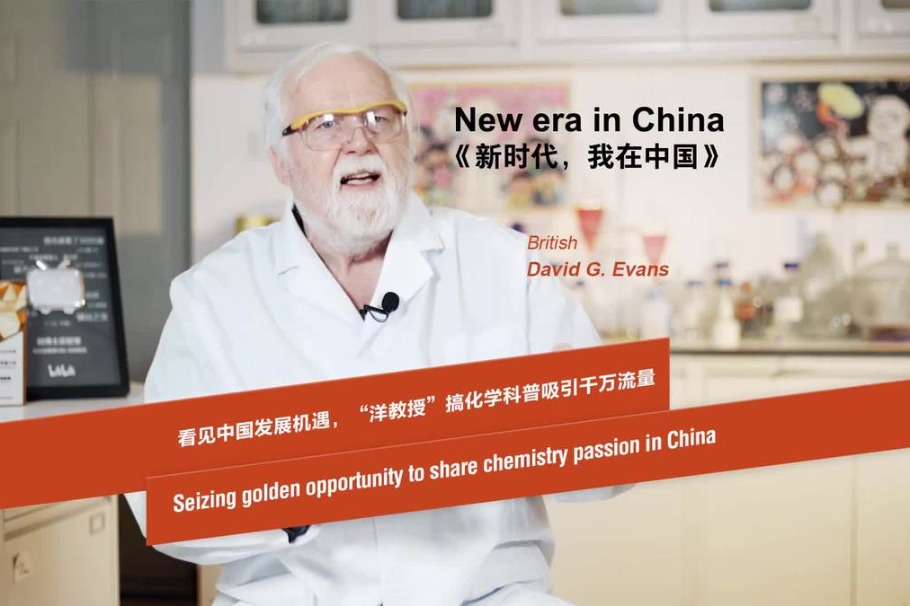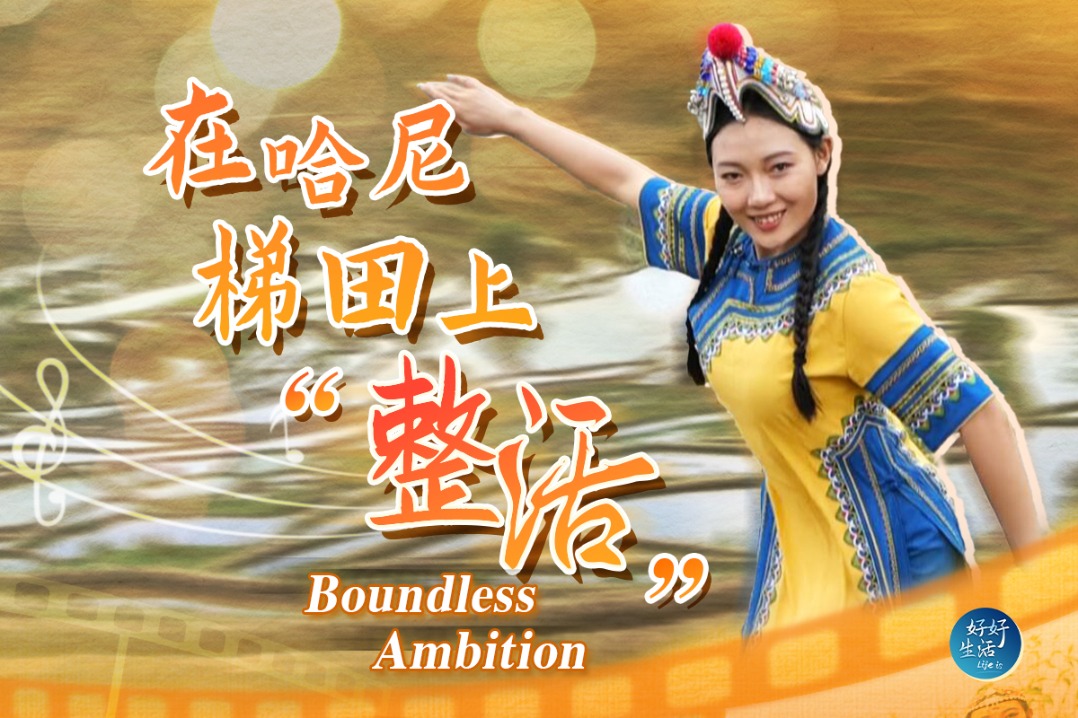Another professor faces trial under defunct China Initiative
By LIA ZHU in San Francisco | China Daily Global | Updated: 2022-04-26 10:47

As another Chinese American professor faces trial under the China Initiative, US academics are speaking out against the continuing impact of the canceled program.
Mingqing Xiao, an applied mathematician at Southern Illinois University (SIU), Carbondale, faces charges of defrauding the US government by failing to disclose his ties to Chinese universities. He was scheduled to appear in a federal court in Benton, Illinois, on Monday. The trial is expected to last two weeks.
Xiao, indicted a year ago, is the latest of some two dozen cases under the China Initiative, a controversial program launched by President Donald Trump in 2018 to fight economic espionage. Under pressure from critics who accused the program of racial profiling, the government discontinued the program in February.
The prosecutors said Xiao obtained a 2019 grant from the National Science Foundation (NSF) to develop new mathematical tools for analyzing high-dimensional data sets while failing to tell SIU and NSF about his ties to Shenzhen University and Guangdong University of Technology.
Xiao earned a PhD from the University of Illinois, Urbana-Champaign, in 1997, and has been a faculty member at SIU Carbondale since 2000. He became a US citizen in 2006, and a year later was promoted to full professor. In 2016, SIU named Xiao an outstanding scholar.
The SIU Faculty Senate issued a resolution in December in support of Xiao, saying the government should drop all charges and asking the university to reinstate Xiao and finance his legal defense.
In Xiao's case, "there are no allegations of espionage or intellectual property theft", said Edward Benyas, professor of oboe and conducting at SIU Carbondale, "as his research is in fundamental mathematics and the results of which have and will be available to anyone".
The government's targeting "such an incredible teacher, scholar and human being" is especially reprehensible", said Benyas at a recent webinar hosted by the American Physical Society (APS), trying to call attention to Xiao's case, which he said is "a perfect example of what went wrong".
The APS has been a strong opponent of the China Initiative, expressing its concerns through letters and meetings, to the White House, the Department of Justice, and the FBI, in two different presidential administrations.
A former president of APS and a Stanford University professor said academics in the United States need to keep watching and speaking out against the continuing impact of the China Initiative though the controversial program has been ended.
"The FBI's pursuit of academics under the China Initiative may have ended, but existing cases are still in the courts, and new policies and pending legislation may still target the academic community in harmful ways," said Phil Bucksbaum, professor in Natural Science at Stanford and a former APS president, at a recent webinar hosted by the APS.
"We need to continue watching and speaking out. We're not dropping the ball because the stakes for science and for all of us as scientists are just too high," said Bucksbaum, also a former APS president.
There were 24 academics or government scientists involved in China Initiative cases, according to APA Justice. When the government announced it was canceling the program two months ago, cases against eight people had been dismissed, one had been acquitted by a judge, and trials were pending for six. All of the defendants are of Chinese background.
Earlier this month, one of the six researchers, Feng Tao, received a guilty verdict in Kansas for fraud and making a false statement, but legal experts said it could be overturned.
But the judge for Tao's case postponed sentencing, saying she saw "significant issues" with the government's evidence.
Xiao's trial is expected to be another test of the government prosecuting academics with ties to China, and the outcome of Xiao's trial could shape whether the government's effort is ultimately seen as justified or unfair, said some experts.
Most of the cases under the China Initiative haven't involved charges that scientists improperly transferred any US-funded research results. Instead, they typically focus on academic integrity, similar to the charges that Tao and Xiao are facing.
In a December report, the MIT Technology Review identified 77 China Initiative cases and more than 150 defendants, the vast majority of whom are of Chinese heritage. It also found the prosecutions increasingly focus on research-integrity charges rather than espionage.
Many academics and civil rights groups have criticized the prosecutions, calling the China Initiative a "witch hunt" that fuels racial bias against scientists of Chinese origin and causes "a chilling effect" on legitimate research collaborations.
The China Initiative wasn't only unjust but also "counterproductive to the well-being of science in the country", said Bucksbaum. He said the APS has been measuring the effect of program, and "it's scary".
"The government no longer trusts us — their own science community. This is the change in attitude," said Bucksbaum. He said the policies, such as the China Initiative and National Security Presidential Memorandum 33 (NSPM-33), were the result of "this loss of trust".
The NSPM-33 is an executive order signed by Trump in January 2021 before he left office. It directs all federal science agencies to tighten their research security against "foreign government interference and exploitation".
The distrust also led to other actions, such as Presidential Proclamation 10043, said Bucksbaum, referring to the executive order signed by Trump in 2020 to prohibit Chinese students with military ties from entering the US.
"This is a restriction that's still in place on immigration from students who are deemed to have graduated from the wrong universities in China," he said.
"This overreach" by the government has done "significant harm" — not only the specific harm done to some researchers, but also "a much more broad, long-lasting harm to the innovation engine itself", as the US becomes perceived as unwelcoming to the next generation of graduate students and postdocs, said Bucksbaum.





